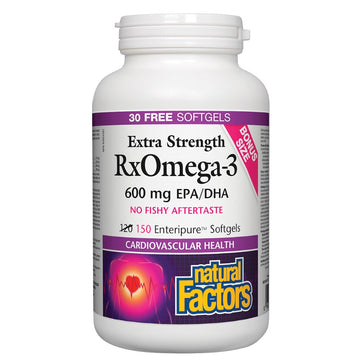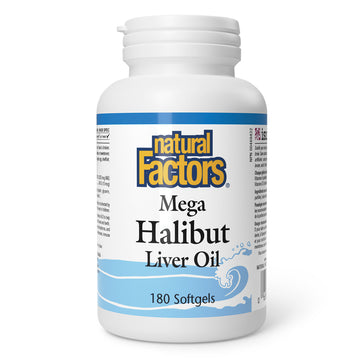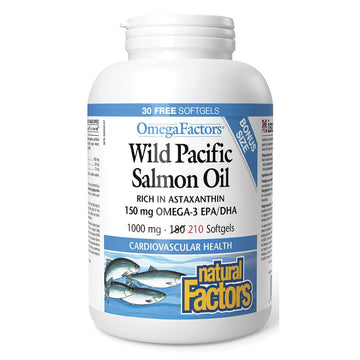Best vitamins & supplements for Apraxia
(380)
Apraxia is a neurological disorder that affects a person's ability to plan and execute voluntary movements. It is most commonly seen in children and can be caused by a variety of factors, including brain injury, stroke, and certain genetic conditions.
There are no specific vitamins or supplements that have been proven to prevent or treat apraxia. However, research suggests that certain nutrients may be helpful in supporting brain health and function, including:
Omega-3 fatty acids: These essential fats are important for brain function and may be helpful in improving cognitive function and reducing the risk of neurological disorders.
B vitamins: B vitamins, including vitamin B1 (thiamine), B2 (riboflavin), and B6, are important for maintaining brain function and may be helpful in reducing the risk of neurological disorders.
Vitamin D: This vitamin is important for maintaining healthy brain function and may be helpful in reducing the risk of neurological disorders.
Antioxidants: Antioxidants, such as vitamin C and vitamin E, help to protect the brain from oxidative stress and may be helpful in reducing the risk of neurological disorders.
It's important to note that while these nutrients may be helpful in supporting brain health and function, they are not a substitute for proper medical treatment. If you or a loved one is experiencing symptoms of apraxia, it's important to speak with a healthcare provider for proper diagnosis and treatment.
There are no specific vitamins or supplements that have been proven to prevent or treat apraxia. However, research suggests that certain nutrients may be helpful in supporting brain health and function, including:
Omega-3 fatty acids: These essential fats are important for brain function and may be helpful in improving cognitive function and reducing the risk of neurological disorders.
B vitamins: B vitamins, including vitamin B1 (thiamine), B2 (riboflavin), and B6, are important for maintaining brain function and may be helpful in reducing the risk of neurological disorders.
Vitamin D: This vitamin is important for maintaining healthy brain function and may be helpful in reducing the risk of neurological disorders.
Antioxidants: Antioxidants, such as vitamin C and vitamin E, help to protect the brain from oxidative stress and may be helpful in reducing the risk of neurological disorders.
It's important to note that while these nutrients may be helpful in supporting brain health and function, they are not a substitute for proper medical treatment. If you or a loved one is experiencing symptoms of apraxia, it's important to speak with a healthcare provider for proper diagnosis and treatment.






























